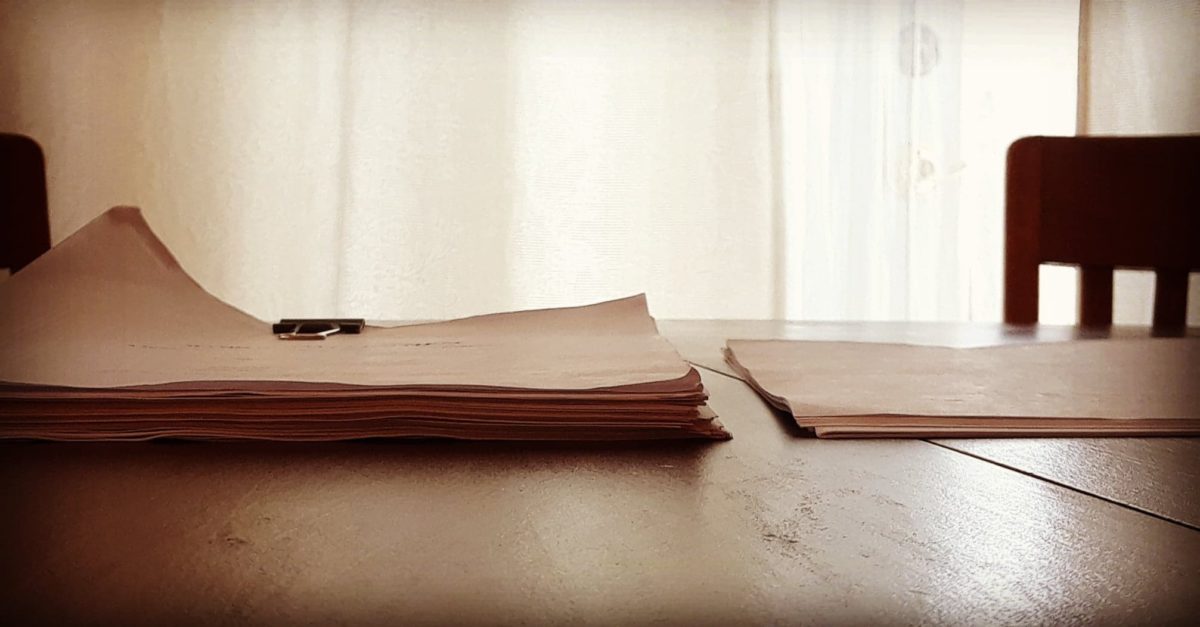Last week I met up at the university with an old Revels pal to catch up on all our news. We sat in the sun in the atrium-ish area between the concert hall I used to manage and the science building where he works. We hadn’t truly talked for at least ten years. My big news, of course, which I have alluded to but not discussed here, is that I have a new position, working from home for the state—only .75FTE, but with what amounted to 50% dollar per hour raise, I am, happily, no longer underemployed. (Will need to update the blog tagline. Ping me if you have a clever idea.)
In all those years with the concert hall, I never really had a proper weekend. As the rest of the white-collar worker world started winding down on Friday afternoon, I would be winding up for a gig or three or eight. I remember walking home in the dark late one Friday evening, after a particularly loud concert, and realizing my brain radio was obstreperously playing Loverboy. “Everybody needs a little romance.” And I thought bitterly—When! When will I get to work for the weekend?
Now! Now is when!
That day last week, while gazing at the entrance to the concert hall, I told my buddy about how fabulous it is to be able to shut my computer on Friday and not give my work one single thought until Monday morning.
Living the dream! But then I confessed. When I started this new job, week after week after week, I would have the most Monday-ish of Mondays. My pea brain would dump all that information. I would look at my notes from Friday and have not one single clue.
“Call Cheryl.”
Who the hell is Cheryl?!
Sometimes I couldn’t even read my own writing.
“That seems like a small price to pay for actual weekends, Nicole.”
Indeed. He is right.
So. Yesterday I conquered my Feckless Monday problem with two simple, obvious strategies. 1. Five minutes of planning on Sunday evening—and by planning I mean merely casting my thoughts forward to various projects. And 2. The Pomodoro app. On my short breaks, I walked around the block. Stretched. Had an apple with almond butter. Exchanged messages with my son about critiques of Garrett Hardin’s “Tragedy of the Commons,” as one does. All per this handy-dandy list—except the tragedy part, of course. And while, yes, it felt weirdly satisfying to not be flailing about lost and confused all day, it was also torture. Exhausting. Interminable.
Now, I want to be clear—I love my job. I have an insider’s peek at the big brains that shape policy and law. I love watching the way my colleagues process so much information, thinking through one contingency after another, and always with respect and care for each other and for their mission. (Sometimes I feel like I pulled off the most amazing heist, that any second they will realize I’m the dear-little-dumb-dumb in this equation.)
But a strictly desk-job is new to me—I used to run up and down stairs all day. And, to be quite frank, I’m still detoxing after twenty years working for an institution that does not merely see their employees as replaceable, but as disposable. Adjustments are hard.
After the last Pomodoro timer sounded its pleasant little alarm, I shut down the computer and walked straight out the back door. (No commute obviously being the best commute) I puttered in the greenhouse, planted out some seedlings, spread compost, collected hollyhock seeds to mail to a friend in Spokane, and enjoyed the warm sun on my arms. There is already an autumnal feel, thin air and low sunshine. Next thing I knew, nearly three hours had passed blissfully, easily, and it was dinnertime. I collected some lettuce and beans and went inside to ice my foot while Ross, my ex-husband and pandemic pal, made dinner.
I wonder if this is what is meant by “flow,” a concept I’d vaguely heard about before reading Annie Murphy Paul’s book, The Extended Mind: Thinking Outside the Brain. (Much of the book confirms my suspicions, although quite a bit is new.) At any rate, it’s curious, how we experience time.
And, curious, too, how time outside with physical tasks knits back together our frazzled selves.

